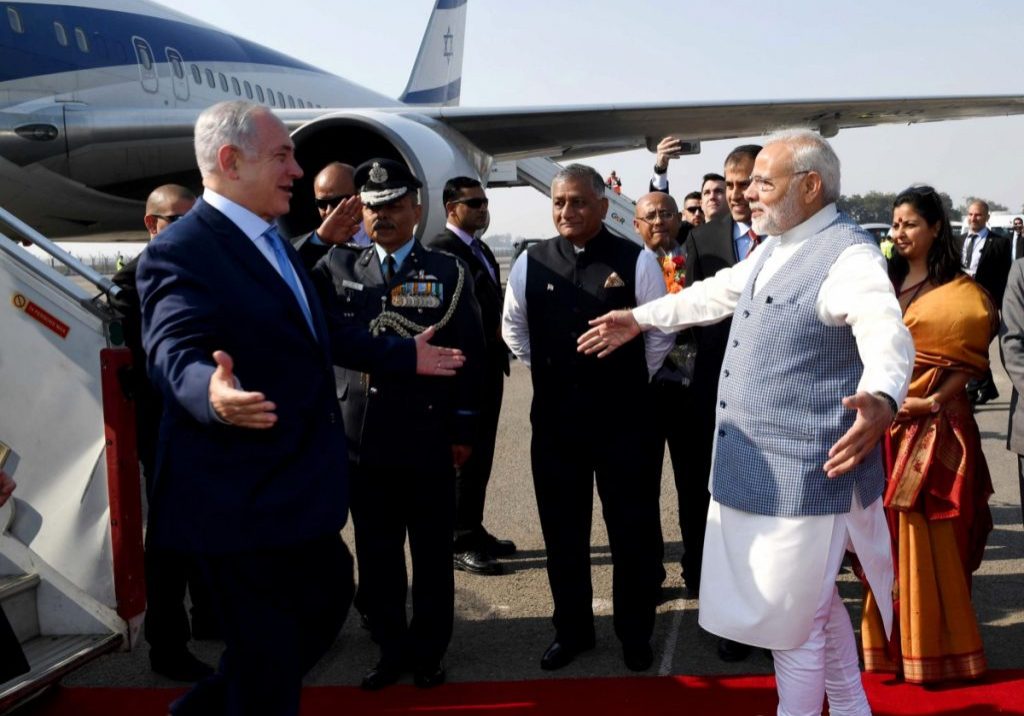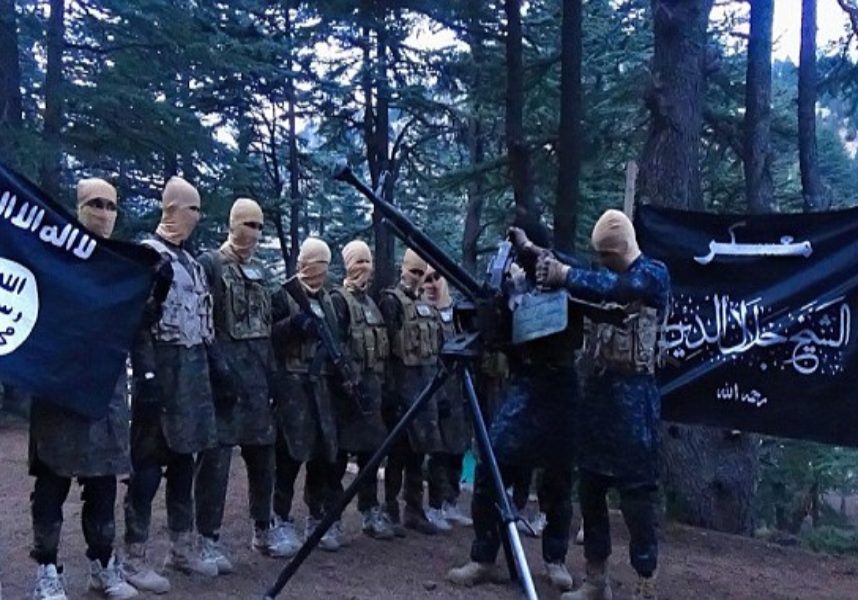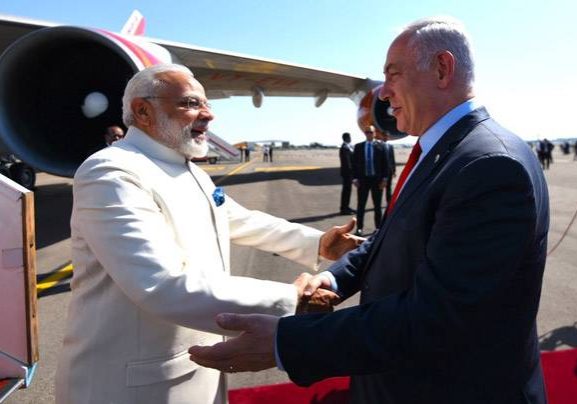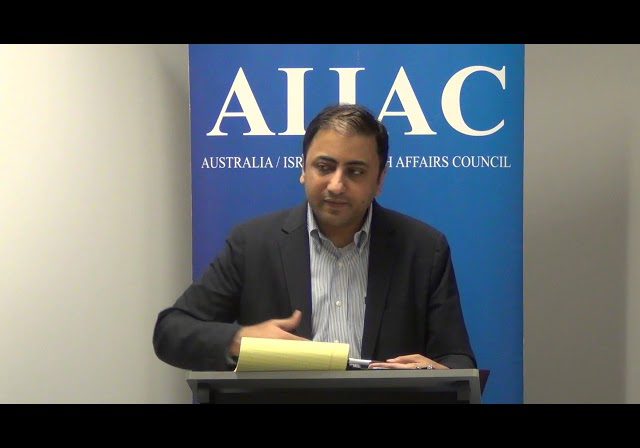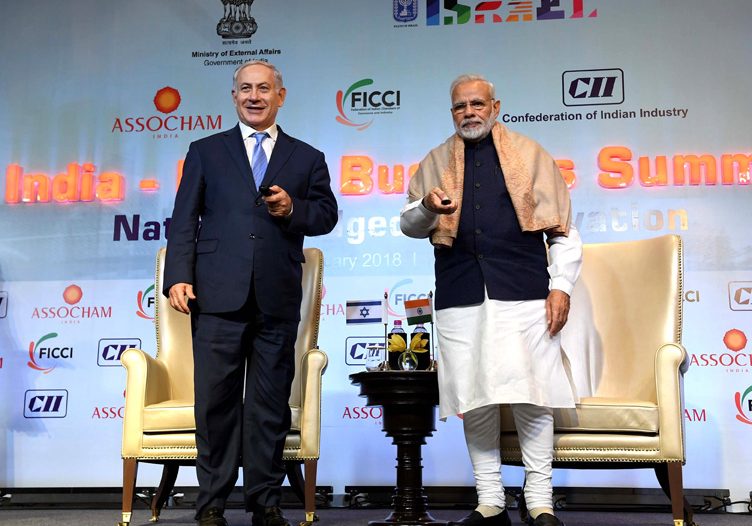Australia/Israel Review
The Secret behind India-Israel ties
Jul 30, 2012 | Andrea Nadel
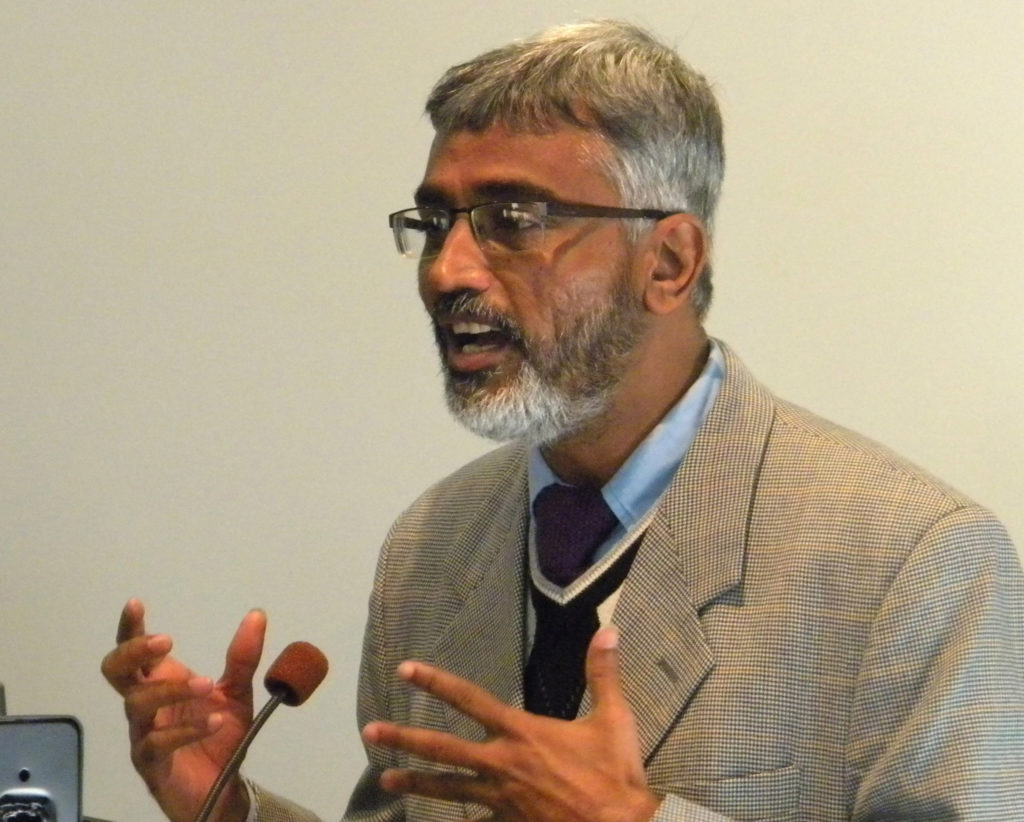
Andrea Nadel
Dr. P.R. Kumaraswamy, Professor with the Centre for West Asian Studies at Jawaharlal Nehru University in New Delhi, India, spoke to community members at an AIJAC event on July 16 about India’s relations with Israel.
Professor Kumaraswamy, who has made Israel the focus of his academic career since 1982, noted that while India recognised Israel in 1950 and privately expressed interest in establishing diplomatic ties in 1952, it took four decades before formal ties were established in 1992. India’s decision to establish relations when it did was a response to the changing global realities ushered in with the end of the Cold War. “Normalisation [with Israel] was an Indian message to the outside world: ‘The world has changed, the Cold War has ended, [and] I am reacting to the world with a significant measure.'” Furthermore, he noted, India recognised that for any country with a serious interest in promoting Israeli-Palestinian negotiations, normal relations with Israel are a necessity.
Dr. Kumaraswamy also discussed how India has made a crucial distinction in developing the very strong links that have evolved since 1992. Potentially challenging multilateral issues, such as Israeli settlements, which are unpopular in India domestically, are separated from bilateral issues such as strengthening economic ties at the ministerial and state government levels. “The Ministry of External Affairs has absolutely no role in the bi-lateral relations [between Israel and India],” Kumaraswamy said. “Bi-lateral relations are actually driven […] by other Indian ministries, [such as the] Ministry of Agriculture. Israel is one of the countries which is extremely useful in India in solving the problem of water management and water shortage. Agriculture and horticulture is one of the areas of great cooperation between the two countries.” As a result, ties between Israel and India, particularly in areas of agriculture and infrastructure investment, are booming.
Building ties at the state government level has been particularly effective, as Indian political leaders of all party affiliations visit Israel frequently to bring Israeli investment and innovation to their respective states. “The states’ agenda is economic, economic, and economic. They don’t talk politics. When a chief minister of a state goes to Israel, he is interested in promoting his cooperation in investment, water management and agriculture. […] As a result, irrespective of the ideology of a particular party, everyone goes to Israel.” For their own part, Israeli diplomats and business leaders are also frequently seen in New Delhi and throughout India. Today, trade between Israel and India is valued at roughly US$5 billion, and the bilateral defence trade between the two countries is estimated to be even more lucrative, at nearly US$9 billion.
Dr. Kumaraswamy did note that one fly in the ointment was India’s reliance on Iranian oil and its relations with Iran, which has created “an extremely complicated situation.” “India needs Iran on the energy front,” Kumaraswamy noted. “At the same time, having close relations with Iran… complicates India’s relationships.” India can no longer isolate its Iran relations from its relations with Israel and the United States, particularly regarding Iran’s nuclear ambitions.
Dr. Kumaraswamy explained, “While a nuclear Iran is not in India’s interests,… India has taken a legalistic position,” insisting only that Iran “should live up to its obligations,” and “resolve its problem with the IAEA peacefully” while avoiding any endorsement of sanctions or other measures designed to actually make this goal possible. He noted that “India will follow whatever is acceptable at the UN Security Council,” and is indirectly accepting the autonomous sanctions on Iran imposed by the US, EU and others, by decreasing dependency on Iranian oil while officially saying that the sanctions do not bind them.
Despite the challenges that Iran poses to India’s relationships, Dr. Kumaraswamy asserted that “Israel is still the most popular country in India after the United States,” and that “If you remove petroleum, Israel is one of India’s three largest trading partners in the entire Middle East.” Australia, he felt, should learn from Israel’s example. “Even though Australia is equally good in forming agriculture,” he said, “I don’t see Australians there [in India]. I only see Israelis, in spite of all the political difficulties they face.”
Prof. Kumaraswamy visted Australia as a guest of the South Asia Studies Association of Australia, best known for its production of the internationally renowned journal South Asia. His visit was also supported by the Australia-India Council.
Tags: India

